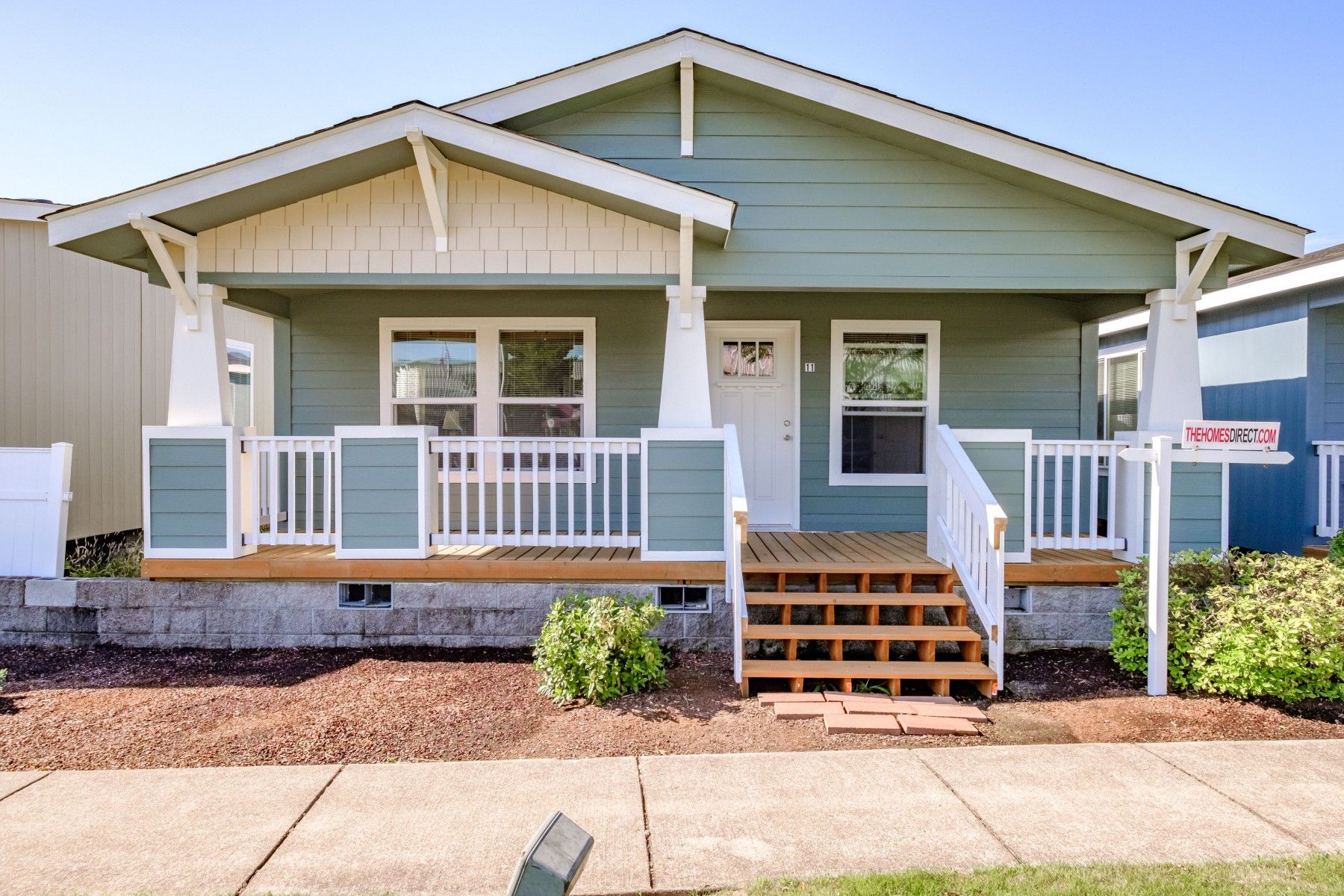Maximizing Efficiency and Quality in Modular Construction Factories
By Gary Fleisher
Modular construction has become an increasingly popular method for delivering projects efficiently and with a high level of quality. In this industry, where precision and speed are paramount, monitoring and assessing performance is crucial to meet customer expectations and stay competitive. Key Performance Indicators (KPIs) serve as invaluable tools in achieving these goals.

Modular construction factories are dynamic environments, each with its own unique objectives and priorities. Consequently, the selection of specific KPIs can vary. However, here is my comprehensive list of KPIs commonly used in modular construction, offering insights into how each contributes to enhancing factory performance:
Production Output:
Production output serves as the cornerstone of assessing factory efficiency. It encompasses metrics such as the number of modules produced per day, week, or month, the square footage of modules produced, and for some factories, the weight of modules. These indicators offer a clear picture of the factory’s capacity to deliver on its production commitments.

Cycle Time:
Cycle time plays a pivotal role in evaluating production efficiency. It involves measuring the average time it takes to complete a module. A reduction in cycle time often translates to higher throughput and lower costs.
Earned Value (EV) is a performance measurement technique that assesses work completed compared to planned value at a specific point in time. It combines schedule and cost metrics to determine project progress.
Quality Control:
Quality control metrics ensure that the manufactured modules meet the required standards. Tracking the defect rate, the number of modules with defects or issues, and the rework rate, the number of modules requiring rework, provides insights into product quality. Additionally, monitoring customer complaints or warranty claims related to module quality is essential for continuous improvement. It only takes a few minutes to do something right but hours to repair it at the jobsite.
In construction, precision and accuracy are paramount. Measuring quality can be challenging, but tracking defects offers a tangible way to gauge it. The defect rate, calculated as (Number of defects / Number of Instances) * 100, provides valuable insights into the quality of work at different project stages.
Safety Metrics:
Safety is paramount in any manufacturing facility. KPIs in this category include tracking the number of accidents or incidents, lost-time injuries, and near misses or safety violations. These metrics reflect the commitment to a safe working environment for employees.
Cost Metrics:
Cost management is a critical aspect of factory performance. Cost-related KPIs include the cost per module, material cost per module, labor cost per module, and energy consumption. Analyzing these metrics helps identify cost-saving opportunities and optimize resource allocation. Excessive overtime can impact employee satisfaction and lead to errors.
Inventory Management:
Efficient inventory management is essential to minimize downtime and ensure a smooth production process. Key indicators here include inventory turnover rate, stockout rate (the frequency of materials or components running out), and raw material and component lead times.
Downtime and Equipment Efficiency:
Downtime can significantly impact productivity. To mitigate this, factories often monitor Overall Equipment Effectiveness (OEE), machine uptime and downtime, and the Mean Time Between Failures (MTBF) of equipment. These metrics help optimize equipment usage and maintenance schedules. With more stages of the production line becoming automated, downtime can be crucial.
Employee Productivity:
Employee productivity directly influences output. Metrics in this category include labor productivity (modules produced per worker), training hours per employee, and metrics related to absenteeism and turnover rates.
Sustainability and Environmental Impact:
Sustainability is an increasingly important consideration for modular manufacturing. KPIs related to sustainability include energy efficiency measures, waste reduction and recycling rates, and efforts to reduce the carbon footprint and emissions.
Customer Satisfaction:
Ensuring customer satisfaction is pivotal to business success. Tracking customer feedback and survey results, assessing on-time delivery performance, and monitoring adherence to project specifications and requirements are all essential KPIs in this regard.
Capacity Utilization:
Maximizing factory capacity is essential for optimizing resource allocation. KPIs here include the percentage of factory capacity used and the ability to manage peak and off-peak production levels effectively.
Lead Time and On-Time Delivery:
Meeting project deadlines is critical in modular construction. Measuring the average lead time from order to delivery and the percentage of orders delivered on time helps maintain customer trust and satisfaction.
Supplier Performance:
Effective supplier relationships are essential for a smooth production process. KPIs in this category include tracking supplier lead times, evaluating supplier quality and reliability, and assessing the cost-effectiveness of materials and components sourced.
Financial Metrics:
Financial performance is a key indicator of a factory’s success. Metrics such as revenue generated from modular sales, profit margins, and return on investment (ROI) for factory equipment and technology provide a comprehensive view of financial health. The Cost Variance (CV) measures the difference between the budgeted cost and the actual cost incurred for a project. A positive CV indicates the project is under budget, while a negative CV suggests cost overruns.
Compliance and Regulatory KPIs:
Adherence to building codes and regulations is non-negotiable in modular construction. KPIs in this category assess the factory’s compliance with industry standards and certifications, ensuring that all products meet legal and regulatory requirements.
KPIs are indispensable tools for modular construction factories. They enable these facilities to monitor performance, identify areas for improvement, and make data-driven decisions. The selection of KPIs should align with the factory’s specific goals and strategic priorities, ultimately contributing to increased efficiency, higher quality, and customer satisfaction.
.



